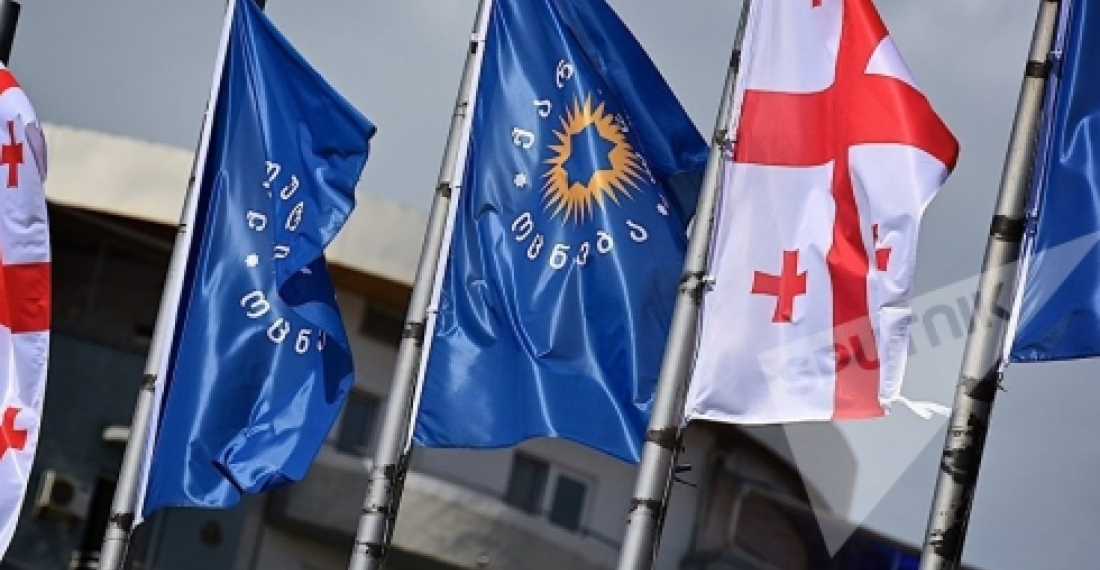In by-elections to Georgian municipal assemblies over the weekend, the Georgian Dream party won 7 out of 9 constituencies, with the remaining two won by the United National Movement.
The elections took place in a generally calm atmosphere, said Tamar Zhvania, chair of the Central Election Commission, who said here were 16 complaints,mostly technical in nature.
Referring to the incident in the village of Kortsheli when Georgian Dream supporters were beaten by UNM representatives, she said an investigation has begun and the perpetrators will be punished.
The incidents in Kortsheli, which involved wrestlers and rugby players wielding batons, were also condemned by others including Georgia’s defence minister Tina Khidasheli and the US Ambassador Ian Kelly.
In Kortsheli, which is near Zugdidi, the UNM candidate won with 49.76% of the votes, while the Georgian Dream candidate got 48.96%.
Georgian Dream politicians accused the UNM of provoking the violence, with Georgian Dream executive secretary Irakli Kobakhidze saying Giga Bokeria, a UNM leader, was partly responsible. Bokeria and two other UNM figures, Nika Melia and Giga Tengiz Gunava, were injured. As of Monday afternoon, nobody had yet been detained according to the interior ministry.
source: commonspace.eu with agencies






